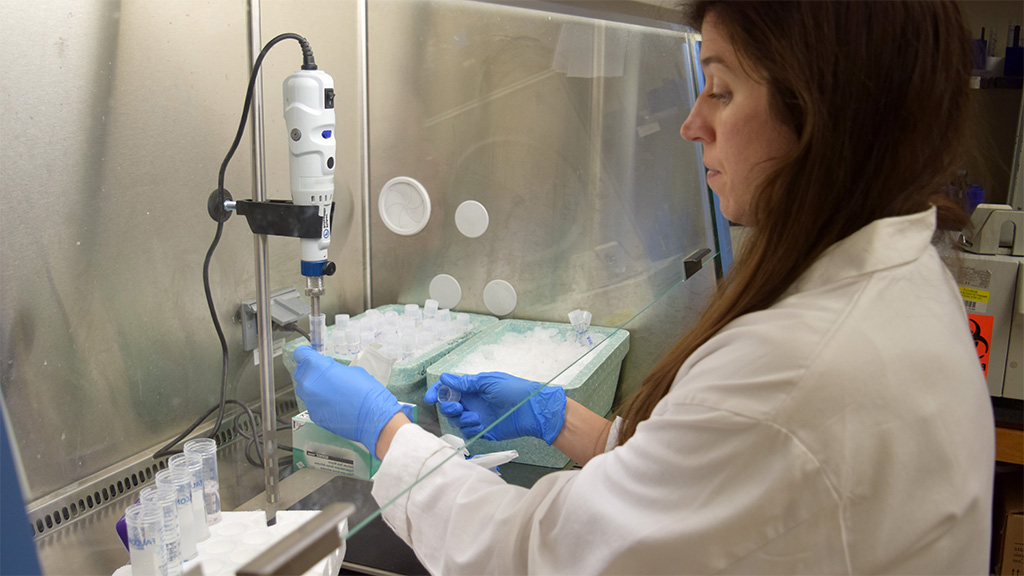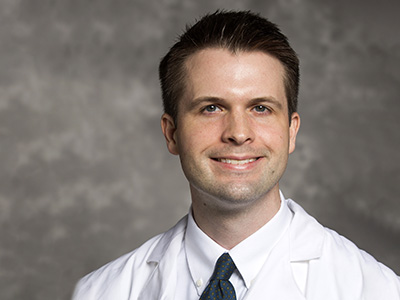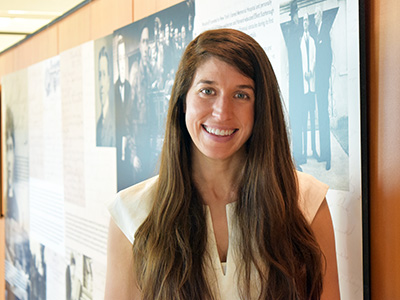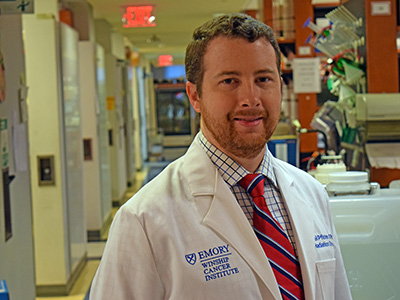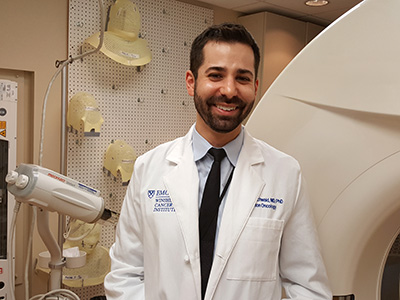Overview
The American Board of Radiology (ABR) Holman Research Pathway provides trainees with 18-21 months of protected research time, with 20% of the time devoted to clinical activities. At the completion of residency, Holman residents are eligible for initial board certification without the need for extended residency training. About 20-25% of the residents express interest in the Holman Research Pathway and all of our residents who have applied have been accepted.
Our Holman residents experience a unique, individualized and multifaceted program to support their career development. The program provides them with the infrastructure, resources, training, experience and mentorship they need to develop an impactful, independent research program translating novel biological insights into improvements in clinical care all without compromising on clinical training. A deep clinical training experience is made possible in abbreviated time by the breadth and depth of clinical immersion within six varied learning environments.
Training Goals
Specific training goals for each Holman resident will be based on their prior training, research interests, and career goals, which will be defined in an Individual Development Plan (IDP) developed with their Primary Research Mentor and Mentoring Committee.
General training goals include:
- Acquiring a foundation of knowledge in radiation biology, cancer biology, and medical physics
- Expanding their technical background with new methodologies to complement their prior research training background
- Learning to collaborate effectively
- Gaining continued clinical exposure and an understanding of relevant clinical concepts in radiation oncology
- Acquiring career development skills, including grant writing, mentoring, and communication skills
- Demonstrating a track record of scholarly activities
- Generating a sufficient body of work on which they have ownership to launch their own independent research program
To help Holman residents accomplish these goals, we provide:
- Organized research training
- Comprehensive formal and informal didactics
- Continued clinical training through tumor boards, chart rounds, grand rounds, and clinical coverage
- Career development activities, including grantsmanship
- Planning for transition to independence
Mentorship
Holman residents will be provided guidance in selecting their primary mentor(s). All trainees will be required to form a Mentoring Committee, which will meet bi-annually to provide scientific oversight and career guidance. Research mentors will be strongly encouraged to assign a junior lab trainee or trainee grant-supported lab technician who can act as the trainee's "hands" when they are in clinic, to move their project forward under their direction and as a means to develop mentoring skills.
Course Work
Besides the didactics and career development activities offered to Emory radiation oncology residents, the formal coursework available to Holman residents includes:
- MED601 Responsible Conduct of Research Course (RCR) Ethics Course
- T32 Enhancing Scientific Rigor and Reproducibility Course
- MSCR761 Introduction to Clinical and Translational Research
- IBS524 Cancer Biology
- IBS538 Statistical Design and Analysis of Experiments
- F32/K Award Bootcamp
- MSCR593 Ethical, Legal, and Social Issues of Responsible Clinical and Translational Research
- MSCR598 Big Data to Knowledge
- Lab Management, and other coursework offered by Emory Office of Postdoctoral Education and Georgia Clinical and Translational Science Alliance, for which trainees can pursue a Master of Science in Clinical Research and a Certificate Program in Translational Research.


